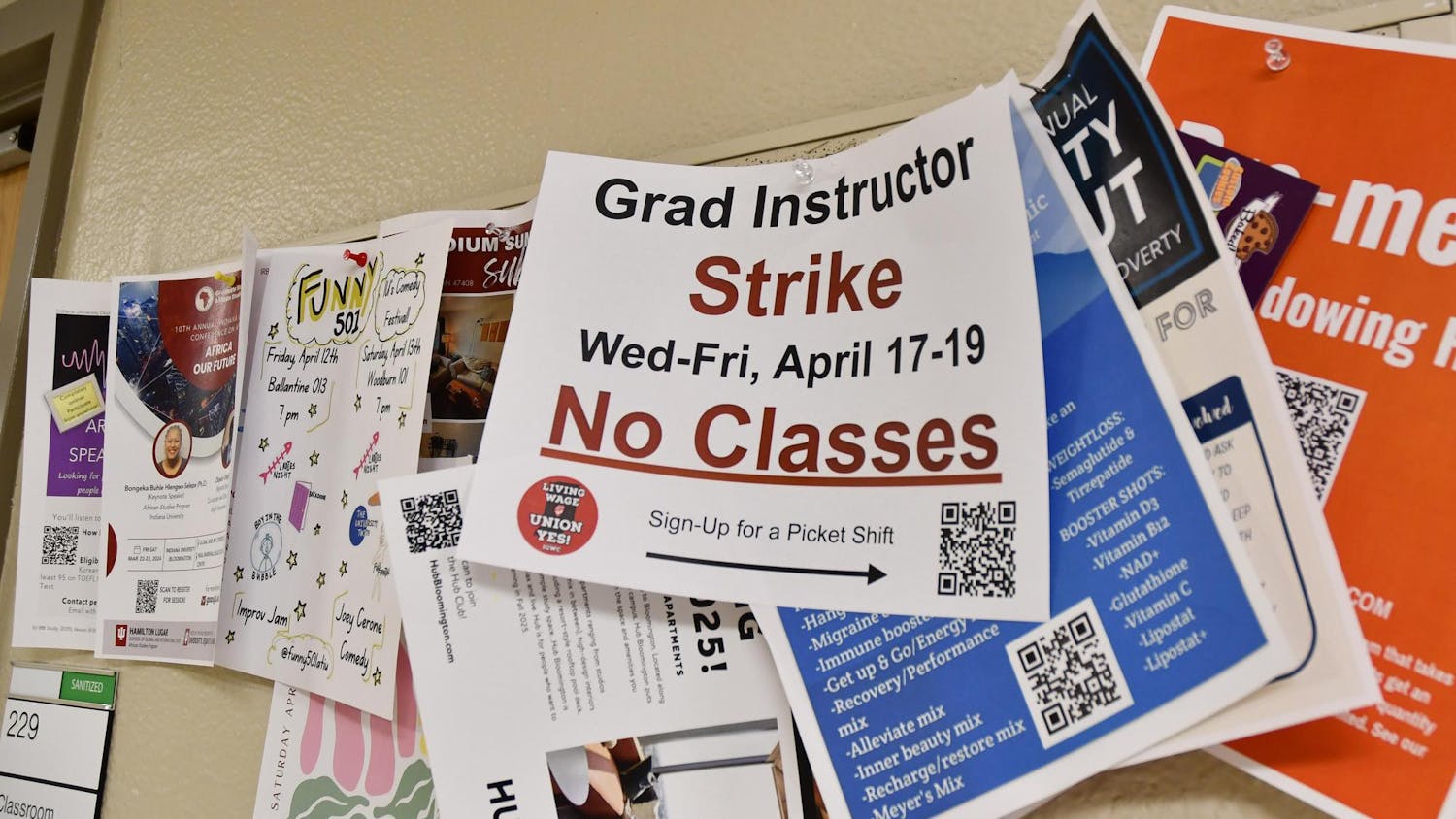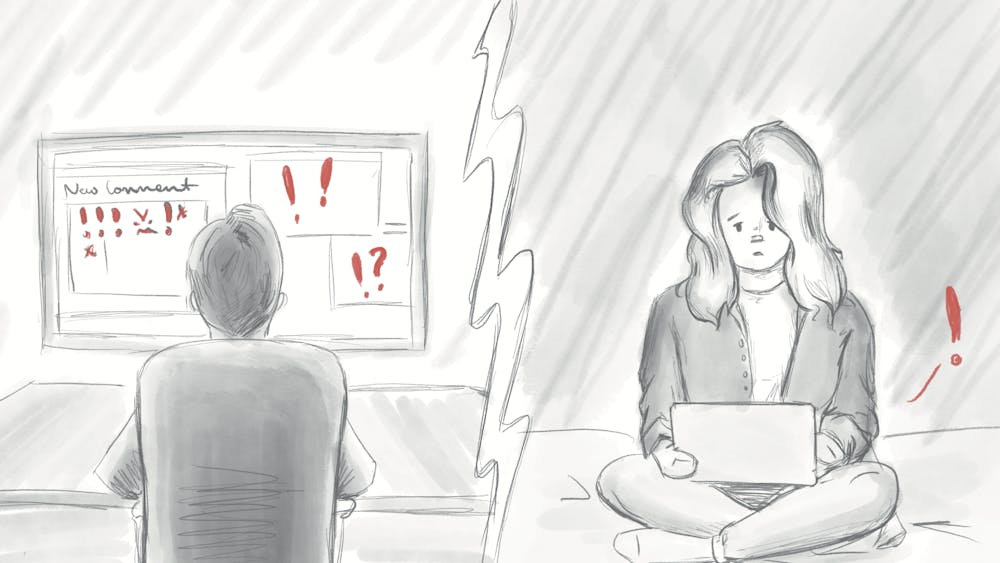Research from an IU professor has concluded companies are strategically placing their factories in locations where wind will carry pollution across state borders.
Davis Konisky, associate professor in the School of Public and Environmental Affairs, compared 16,211 facilities in the United States that create air pollution to 20,536 sites that produce hazardous waste but not air pollution, according to an IU press release.
“When you look at the location of major sources of air pollution, they are more likely to be nearer to downwind state borders, when compared to similar industrial facilities,” Konisky said in the release.
The research establishes that, by strategically placing factories at state borders, companies are able to gain benefits of jobs and tax revenues and push the negative air pollution to neighbor states.
States have long complained about pollution rolling in from factories in neighboring states, according to the release.
This was one issue the Clean Air Act intended to address; however, the regulation of air pollution falls primarily to the states. According to the research, states can be less interested in managing the air pollution levels of factories outside their borders.
Konisky’s research attempted to answer the question: who decides where the factories are placed? Is it the business owners and operators? Or is it the state and local government?
They both have incentives.
State and local governments, using this strategy, are able to bring jobs to their citizens and protect them from harmful effects of air pollution.
Businesses are able to avoid opposition from those who are against the factories being so close to their homes.
However, the research concluded it may be a mixture.
States that have less strict environmental policies or pursue aggressive economic development are more likely to engage in this strategy, suggesting governmental influences.
Meanwhile, it’s also popular in states with many organizations, which suggests businesses may be interested in avoiding local opposition.
The study was titled “Gone with the Wind: Federalism and the Strategic Location of Air Polluters,” and was published in the “American Journal of Political Science.”
James Monogan, assistant professor from University of Georgia, and Neal Woods, and another professor from the University of South Carolina were also authors involved in the study.
Cody Thompson






